These diplomatic visits to ELECAM may improve voter registration processes, but without equally visible and vocal engagement on human rights, conflict resolution, and political freedoms, they risk becoming symbolic gestures.
By The Independentist editorial
The British High Commission’s Southwest representative has just toured the regional offices of Elections Cameroon (ELECAM) in Buea, praising preparations for the October presidential elections. The visit, warmly hosted by Regional Delegate Zoa Michael, showcased biometric kits, voter registration figures exceeding targets, and the logistical hurdles of running polls in a conflict zone.
On paper, such visits are a normal part of diplomatic engagement. Western missions often say they want to “strengthen democratic institutions” and “promote transparency” by observing how electoral bodies work. Supporters argue that maintaining open channels with institutions like ELECAM can encourage best practices and identify logistical needs—especially in a tense pre-election climate.
Yet this official interest stands in sharp contrast to the silence that follows far graver events. Massacres, the destruction of villages, and the plight of hundreds of thousands of displaced Anglophones rarely prompt public visits or statements from these same diplomatic offices. That silence is noticed—and resented—by communities living through the crisis.
For more than thirty years, Britain and France have maintained cordial relations with President Paul Biya’s government, often treating him with the deference of a monarch. ELECAM itself has long been viewed by opposition parties and civil society as compromised, presiding over elections where fear, displacement, and restricted freedoms undermine genuine participation.
The uncomfortable truth is that Western governments also have deep economic interests in Cameroon—cheap oil, bananas, rubber, timber, and natural gas—that far outweigh the political cost of ignoring human rights abuses. While the UK and France have provided some humanitarian assistance and supported mediation efforts through multilateral channels, these measures have been modest compared to their consistent diplomatic and economic backing of the status quo.
France’s role is particularly entrenched. As the former colonial power and primary security partner, it has shielded Biya’s regime from sustained international scrutiny, even as evidence of abuses mounts. Britain, for its part, continues to engage in ways that highlight institutional process while sidestepping the violence and repression surrounding it.
Diplomatic visits to ELECAM may improve voter registration processes, but without equally visible and vocal engagement on human rights, conflict resolution, and political freedoms, they risk becoming symbolic gestures. True transparency is not just about counting registered voters; it is about ensuring that all citizens—whether in towns, refugee camps, or conflict zones—can participate freely and safely. Until Western partners match their attention to ballots with equal attention to justice, their democracy rhetoric will ring hollow.
The Independentist editorial













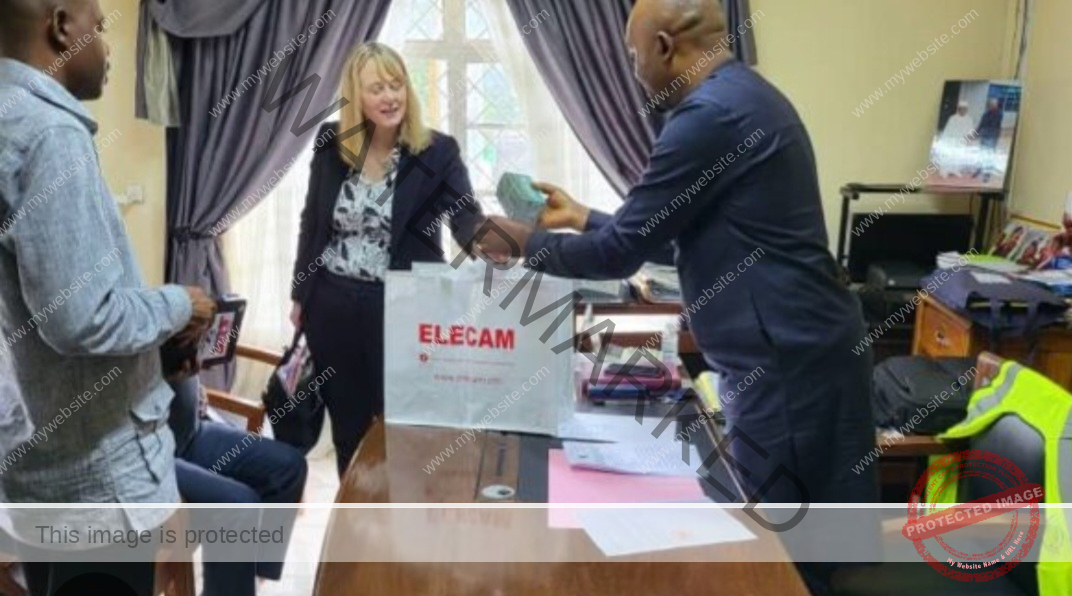
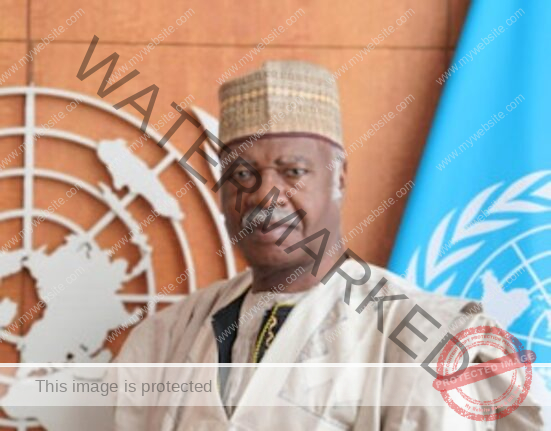
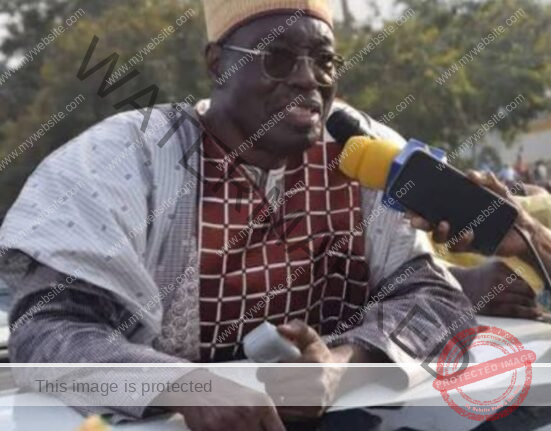
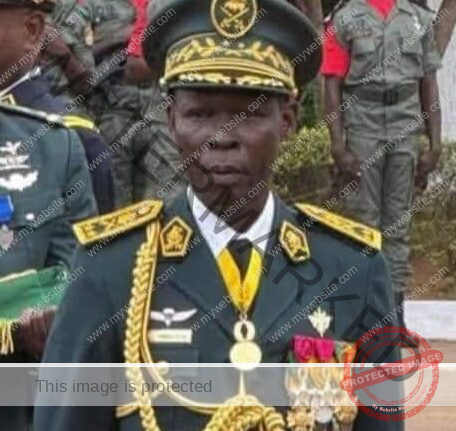
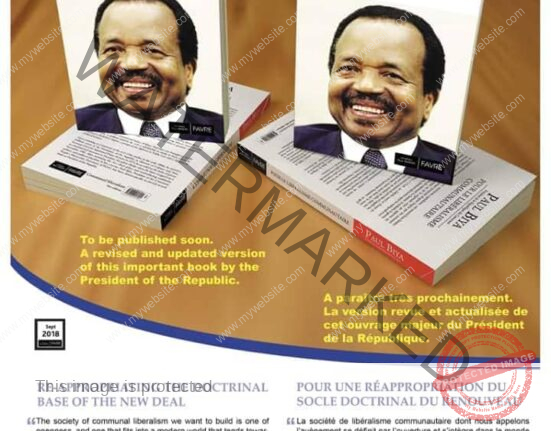
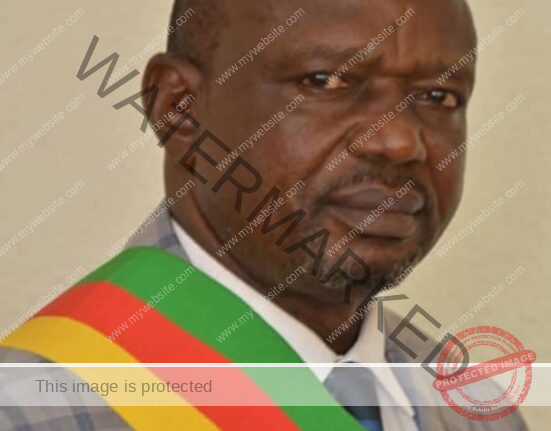
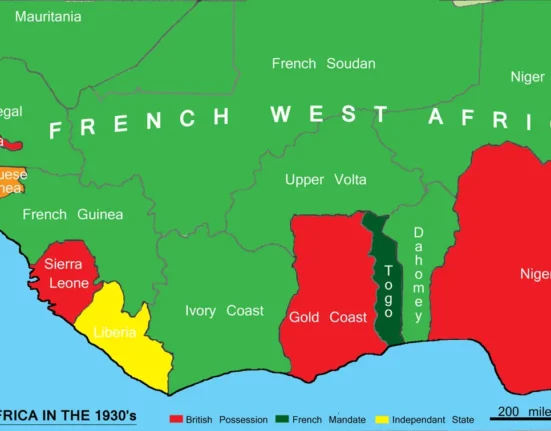

Leave feedback about this